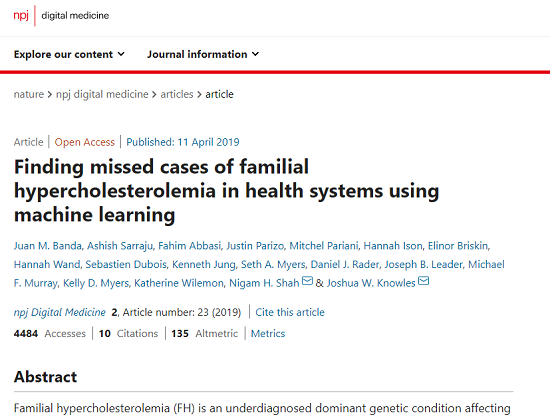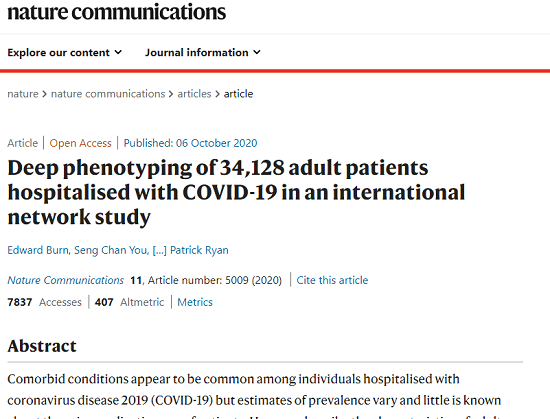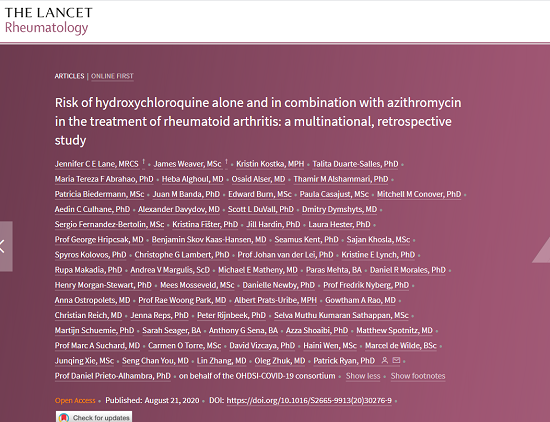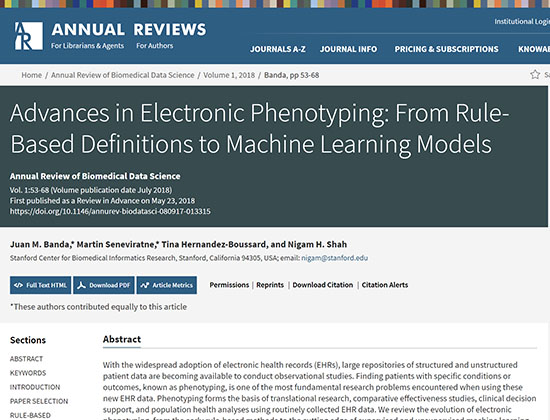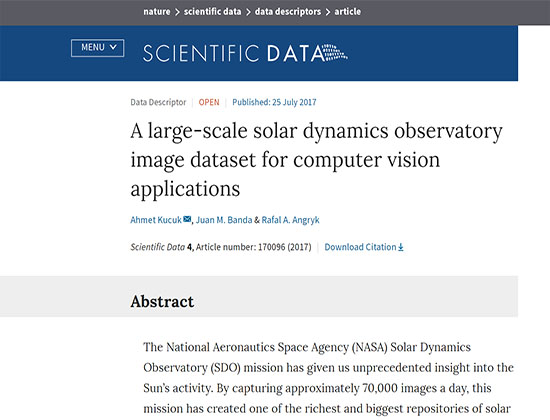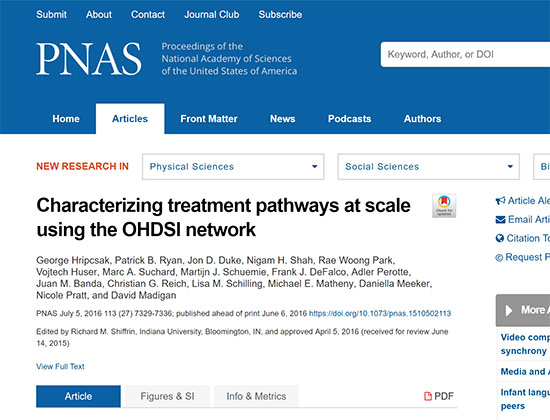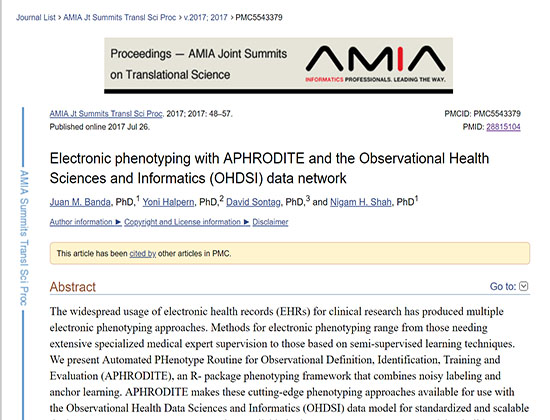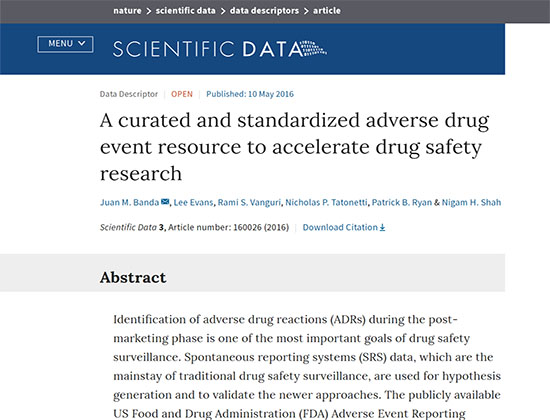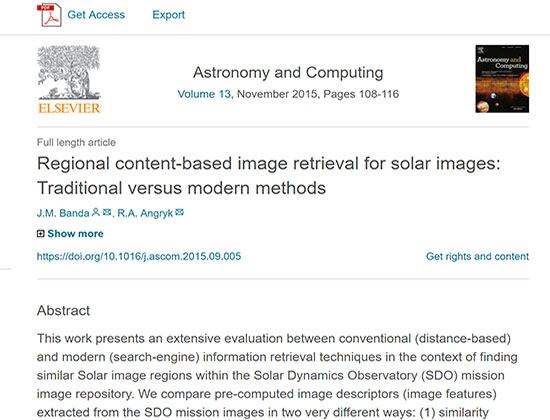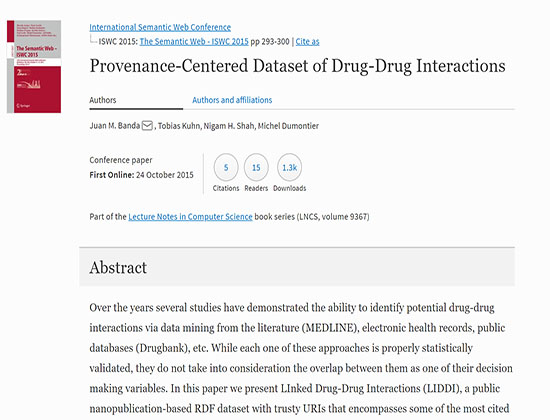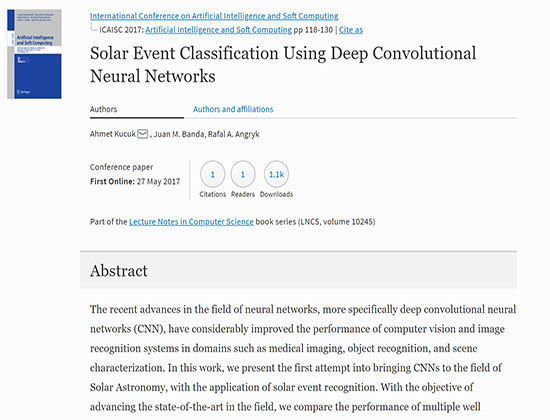Panacea: a remedy for all ills or difficulties
As defined by Merriam-Webster: "In the Middle Ages and the Renaissance, alchemists who sought to concoct the "elixir of life" (which would give eternal life) and the "philosopher's stone" (which would turn ordinary metals into gold) also labored to find the panacea. But no such medicine was ever found, just as no solution to all of a society's difficulties has ever been found. Thus, panacea is almost always used to criticize the very idea of a total solution. "


